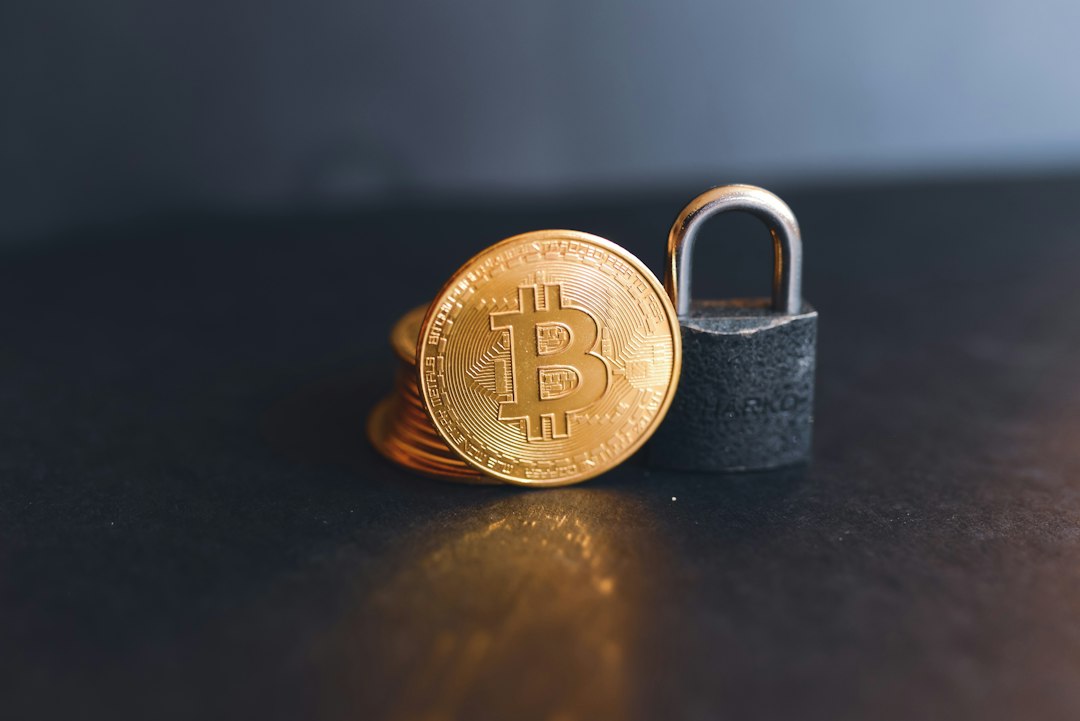In an era where digital currencies are gaining traction, ensuring the prevention of their misuse is paramount.
Coinbase, a prestigious cryptocurrency exchange, has outlined its strategies to combat illicit financial activities, particularly terrorism financing. The key takeaway is the firm’s unwavering stance against supporting terrorist entities using any currency, be it fiat, gold, or cryptocurrency. Coinbase aims to keep the crypto realm clean from nefarious activities that could tarnish its reputation.
Compliance framework and partnerships with law enforcement
Coinbase has implemented a rigid compliance framework to root out ill-intentioned actors seeking to leverage cryptocurrencies for unlawful pursuits. This framework includes Know Your Customer (KYC) checks, sanctions screening, and suspicious activity reporting. The company also fosters strong partnerships with law enforcement authorities to detect and prevent illicit activity on its platform.
Blockchain analytics as a cornerstone
Blockchain analytics play a crucial role in Coinbase’s efforts. By utilizing blockchain technology, the company collaborates with law enforcement agencies to trace, report, and impede the financing channels of terrorist organizations. The immutable nature of blockchain ledgers makes transactions more traceable and acts as a deterrent for malicious actors.
Robust infrastructure and technological tools
Coinbase boasts 400 dedicated personnel in compliance, legal, and investigative departments, creating a robust infrastructure to tackle illicit financial flows. The presence of experienced individuals who have worked in national security and law enforcement agencies strengthens these measures. Technological tools like the Sanctions Screening tool facilitate swift detection and halting of sanction-related transactions.
Comparative analysis between traditional financial systems and cryptocurrencies
The report highlights the misconception that cryptocurrencies are the primary means of terrorism financing. In reality, most funding still flows through traditional financial mediums like cash. Cryptocurrencies, with their traceable transaction frameworks, offer a more transparent alternative that could deter illicit financial flows.
The need for clear regulatory frameworks
The report emphasizes the urgency for clear regulatory frameworks in the U.S. to mitigate the risks associated with offshore cryptocurrency transactions linked to illicit activities. A regulated cryptocurrency landscape ensures adherence to anti-money laundering and sanctions regulations, minimizing the potential for digital assets’ misuse.
Linkage of Hamas funding to offshore entities
A noteworthy concern is the reported linkage of Hamas funding to digital assets managed by offshore entities beyond the reach of U.S. laws. This highlights the necessity for stringent regulations to keep cryptocurrency transactions within regulated jurisdictions, reducing the risks of illicit activities.
Parallel with Binance’s action against Hamas fundraising
Before Coinbase’s discourse on combating terrorism financing, Binance cooperated with Israeli authorities to freeze cryptocurrency accounts linked to Hamas after their violent escalations. This initiative aligns with Coinbase’s anti-terrorism financing ethos and underscores the role of crypto exchanges in curbing illicit financial flows within the crypto sphere.
Hot Take: Strengthening Crypto Security Against Terrorism Financing
Coinbase’s commitment to preventing illicit financial activities and terrorism financing in the crypto realm sets an example for other exchanges. By implementing a robust compliance framework, leveraging blockchain analytics, and forging partnerships with law enforcement agencies, Coinbase aims to ensure a clean and secure environment for cryptocurrencies. However, it is crucial for regulators worldwide to establish clear regulatory frameworks that address offshore cryptocurrency transactions and prevent misuse. Collaboration between crypto exchanges and authorities is vital in curbing illicit financial flows and maintaining the integrity of digital assets.





 By
By
 By
By
 By
By
 By
By
 By
By
 By
By